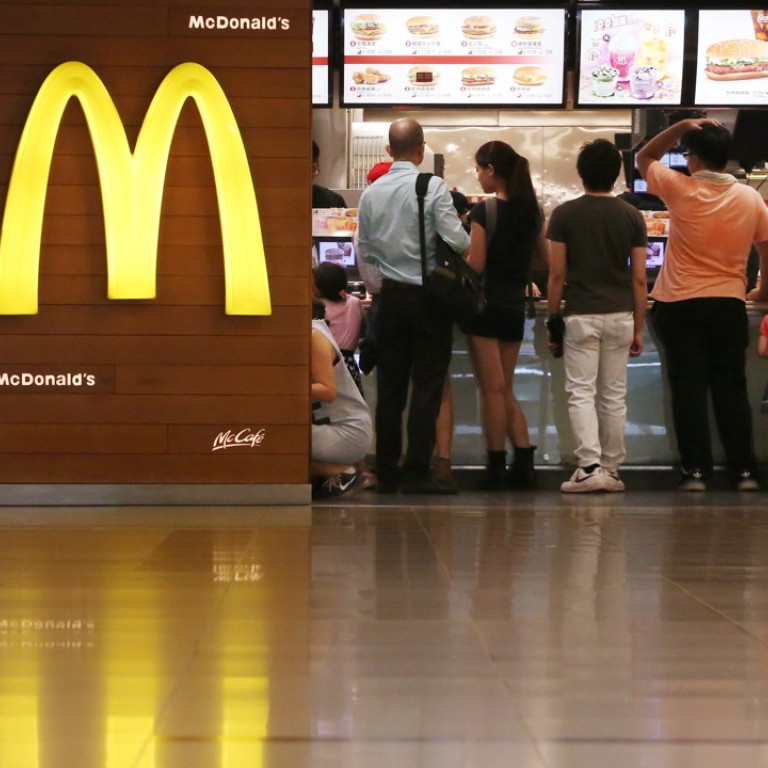
Hong Kong’s waste problem is tied to how diners order meals
I often see people ordering a medium-sized meal at fast food eateries, but then they only want the burger and drinks, and leave almost their entire packet of French fries untouched.
Perhaps it is time that popular chains such as McDonald's changed their menu. For example, after identifying items on the menu that usually have the most leftovers, they could consider reducing the portion size for these.
Another issue is that people ordering takeaways often ask for a bag to carry their food. However, the bag the server gives them is often not only non-biodegradable, but also non-recyclable.
Thus it would be better if the Hong Kong government educated people on bringing their own reusable shopping or takeaway bags, in this way a lot of waste can be reduced.
Also, children’s meals in McDonald's nowadays often come with a free gift. Often, the kids only want the toy, so that they can have a whole series to complete their toy set, and have little interest in the meal. In my view, this actually gives them an incentive to waste food, so it is better to drop the toy scheme.
Starbucks in the US uses recyclable cups and also rewards customers for bringing their own reusable travel mugs. Living in London from 1999 to 2009, the fast food buffet style restaurant I frequented had a “fine” system, with diners penalised for each plate of unfinished food. At first, this idea was not welcomed, but a month or so after it was implemented, the restaurant’s waste volume was found to have dropped by at least 20 per cent. The idea worked well, as it also reminded patrons of the value of each grain of rice that had travelled from the farms to their plates.
When each of us becomes aware of how much waste we are producing when dining out each day, the volume of daily refuse produced by us can be reduced greatly.
Eunice Li Dan-yue, Shanghai

